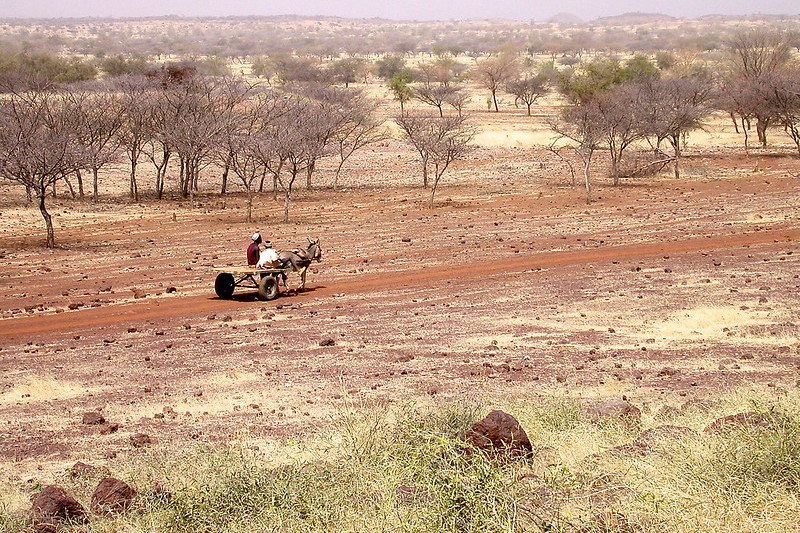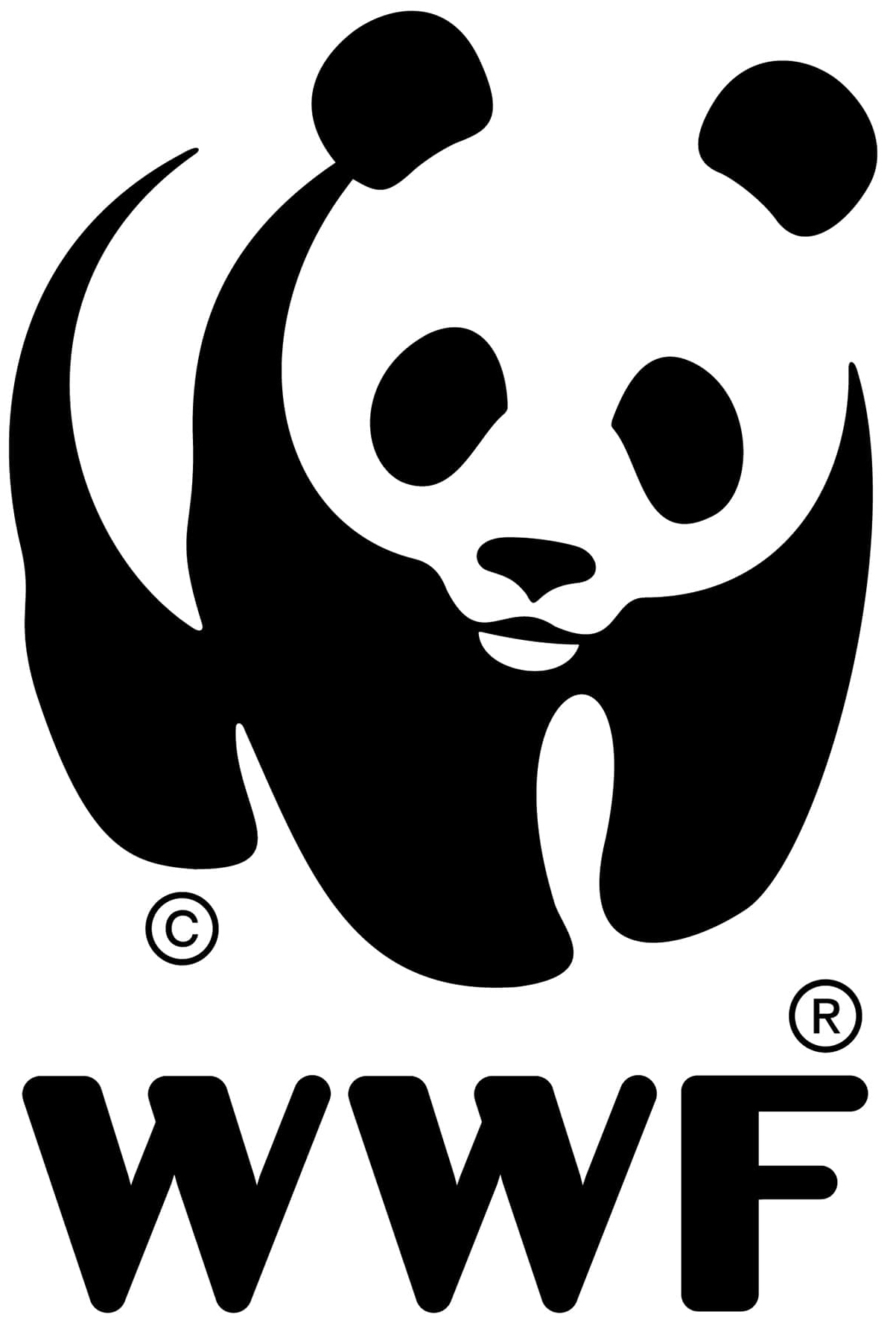Africa Pavilion
Life-giving lands: a roadmap for land restoration and food security in the grasslands, rangelands, and savannahs

Ecosystems dominated by grasses, forbs and shrubs constitute our grasslands, savannahs and rangelands. Highly diverse landscapes, they support millions of livelihoods including for farmers and pastoralists. These landscapes cover 54% of global terrestrial land, provide a shared home for people and wildlife, and offer life giving services and benefits like biodiversity, food, freshwater, climate regulation and fibre. These diverse ecosystems are significantly undervalued and subsequently face some of the fastest and largest rates of land conversion and degradation, resulting in livelihood, habitat and biodiversity losses, carbon emissions, food and freshwater insecurity.
Tropical savannahs in Africa cover approximately on billion hectares of land. Of this, two thirds are are cultivable and only about 10% is known to be cultivated. African savannas face threats from climate change, degradation and fragmentation from human activities such as slash-and-burn agriculture, wildfires, mining, unsustainable harvesting of wild resources.
This session aims to articulate the relevance of grassland and savannah ecosystems and rangelands to the land, food, climate and biodiversity agendas within the Rio Conventions, and their positive contributions to deliver the Land Degradation Neutrality (LDN) targets and other global commitments; and stimulate discussions that address, socioeconomic, and environmental issues and explore opportunities that can sustainably contribute to shaping the agenda of mitigating climate change, restoring degrading land, and fighting against deforestation.
Objectives of the side event are to:
- Advance new policy agendas and national commitments in favour of overlooked grasslands, savannahs and rangelands, and their farmer and pastoralist stewards.
- Provide a platform to share experiences and successes on land restoration and fight against deforestation that enhance and create resilient societies and economies in Africa
- Discuss constraints and propose policies issues for creating enabling environment for healthier and more resilient societies and economies
- Propose investments areas to sustainably drive the change that can quickly, at relatively low cost, and with modest technological solutions, contribute to shaping the agenda.
















